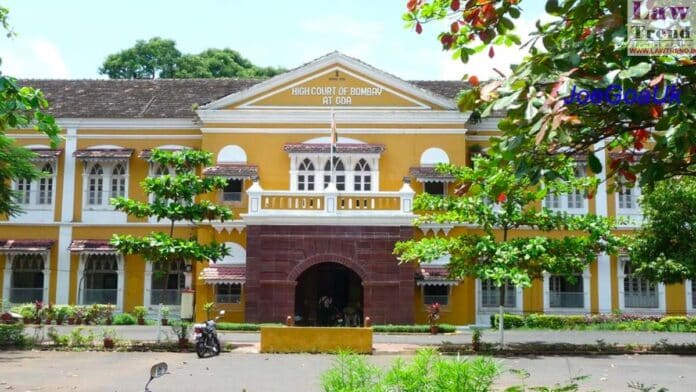The High Court of Bombay at Goa, presided over by Justice Nivedita P. Mehta, has ruled that an exclusive jurisdiction clause in a commercial agreement is binding even for non-contractual claims, such as defamation, if the claim is “inextricably linked” to the contract. The Court dismissed an appeal filed by Chowgule Industries Private Limited against
To Read More Please Subscribe to VIP Membership for Unlimited Access to All the Articles, Download Available Copies of Judgments/Order, Acess to Central/State Bare Acts, Advertisement Free Content, Access to More than 4000 Legal Drafts( Readymade Editable Formats of Suits, Petitions, Writs, Legal Notices, Divorce Petitions, 138 Notices, Bail Applications etc.) in Hindi and English.




